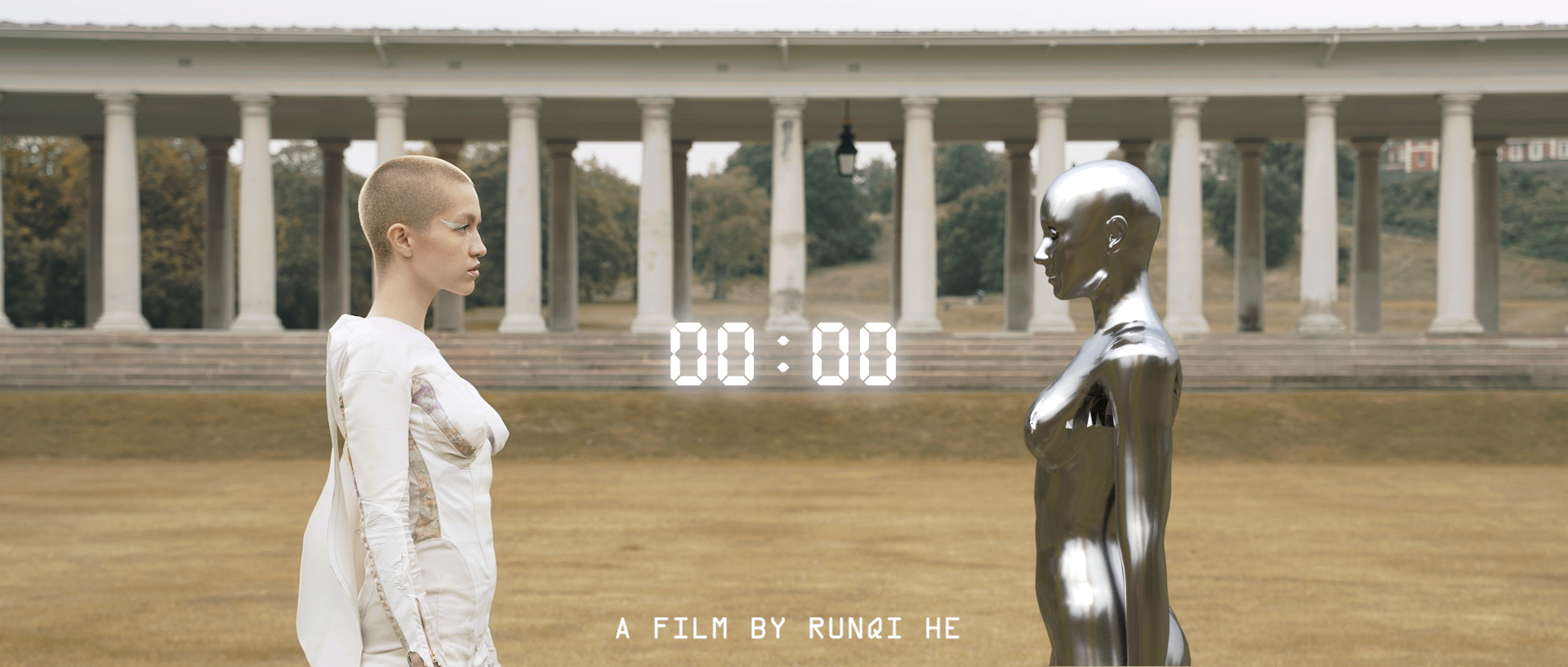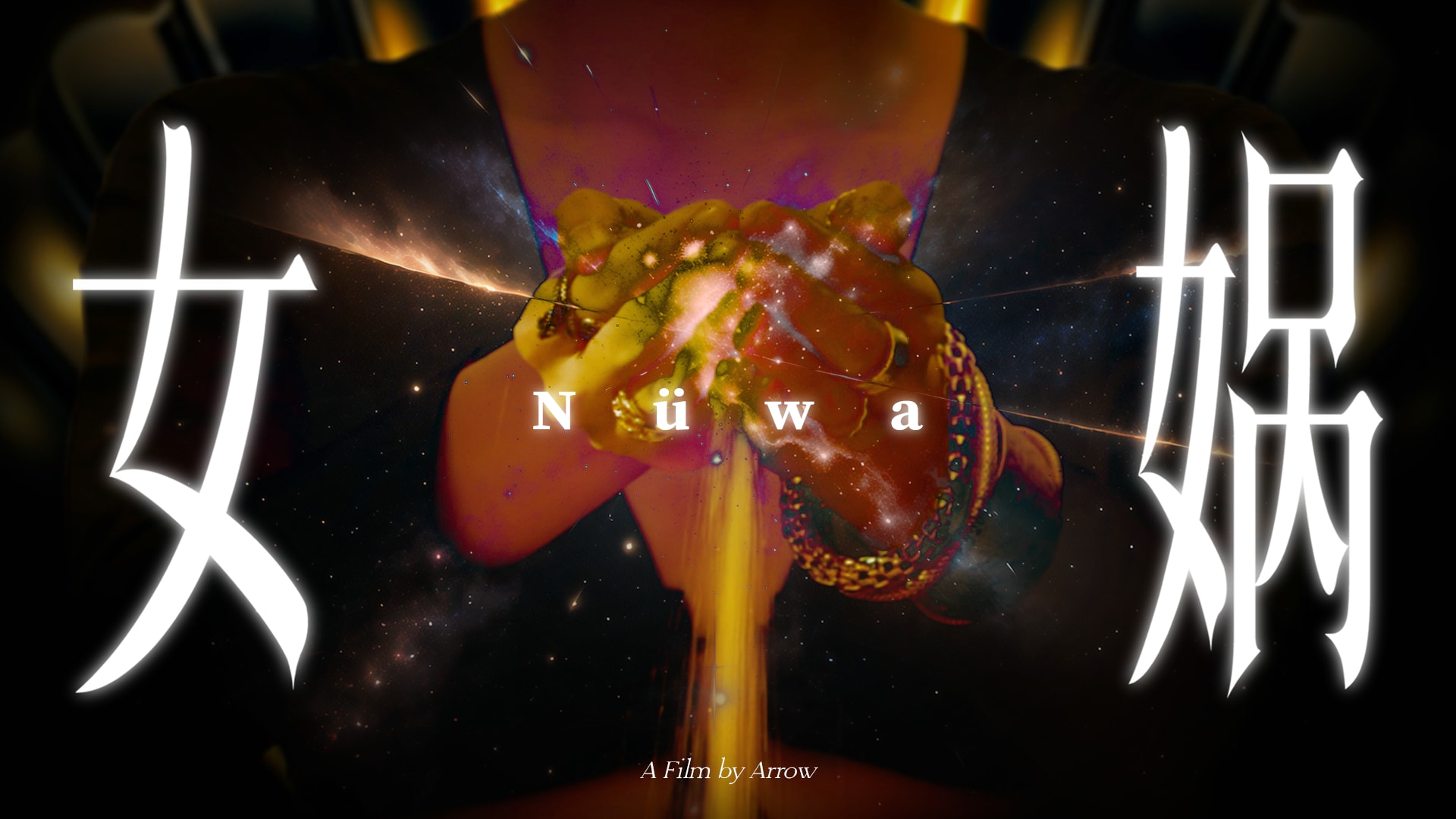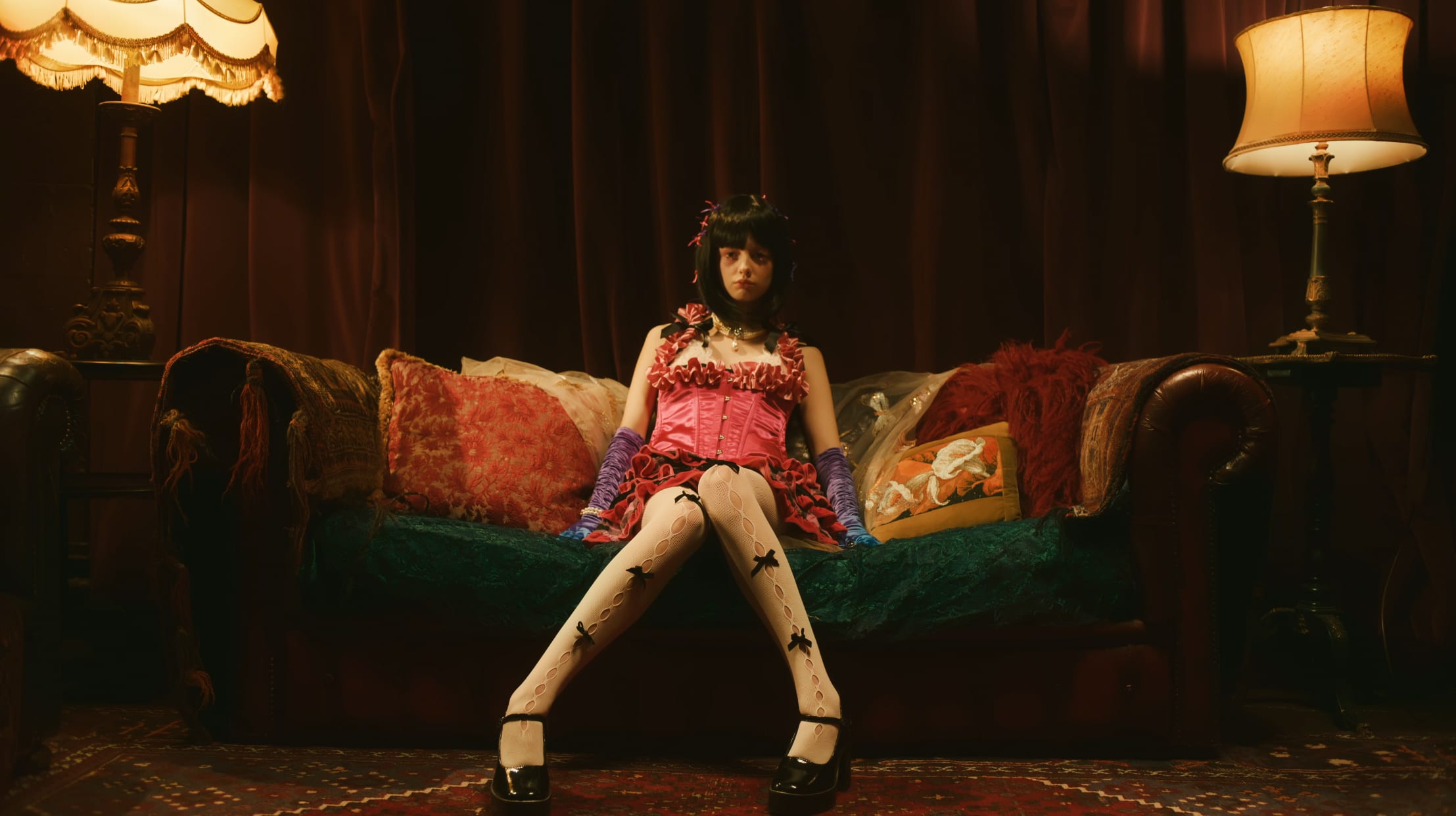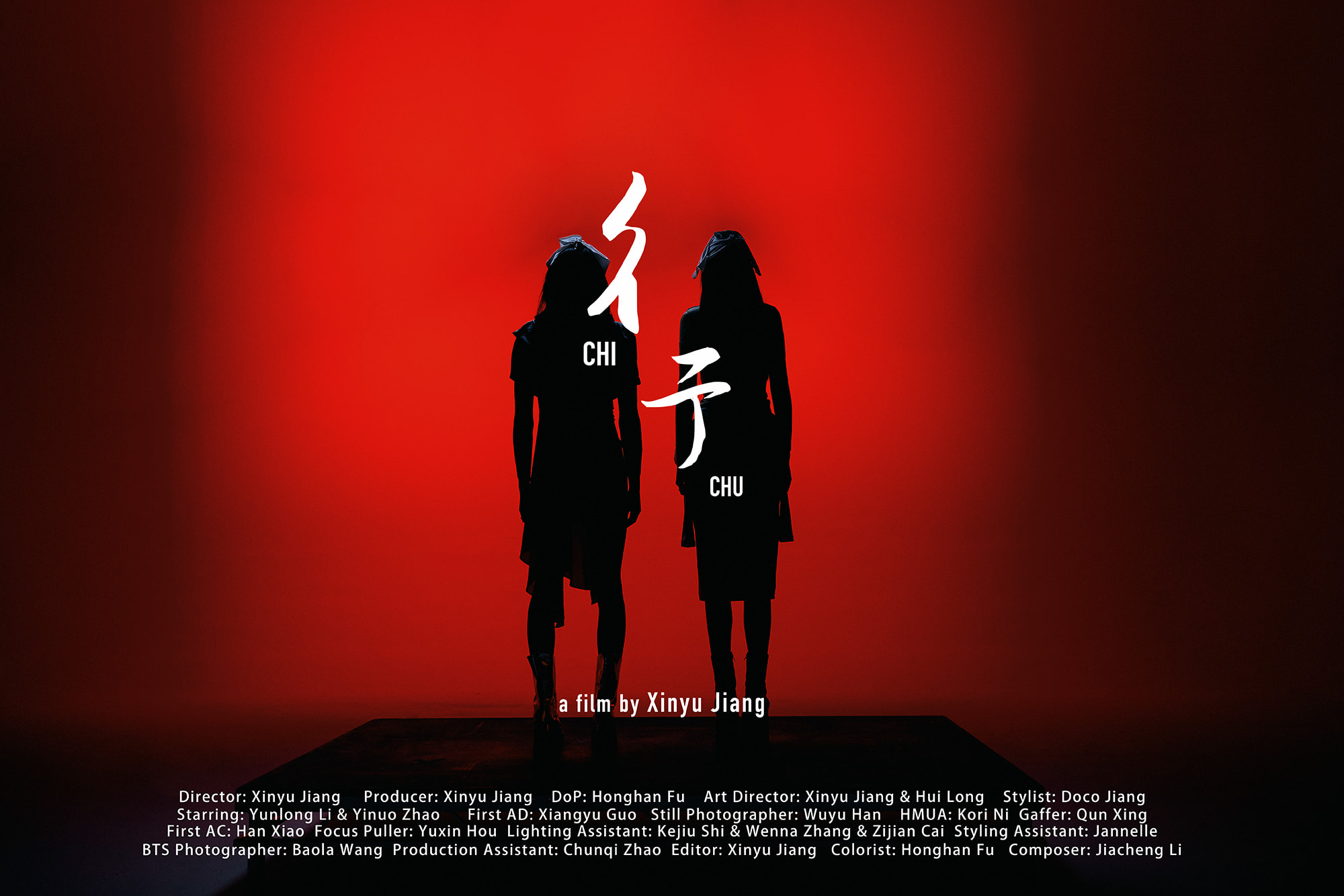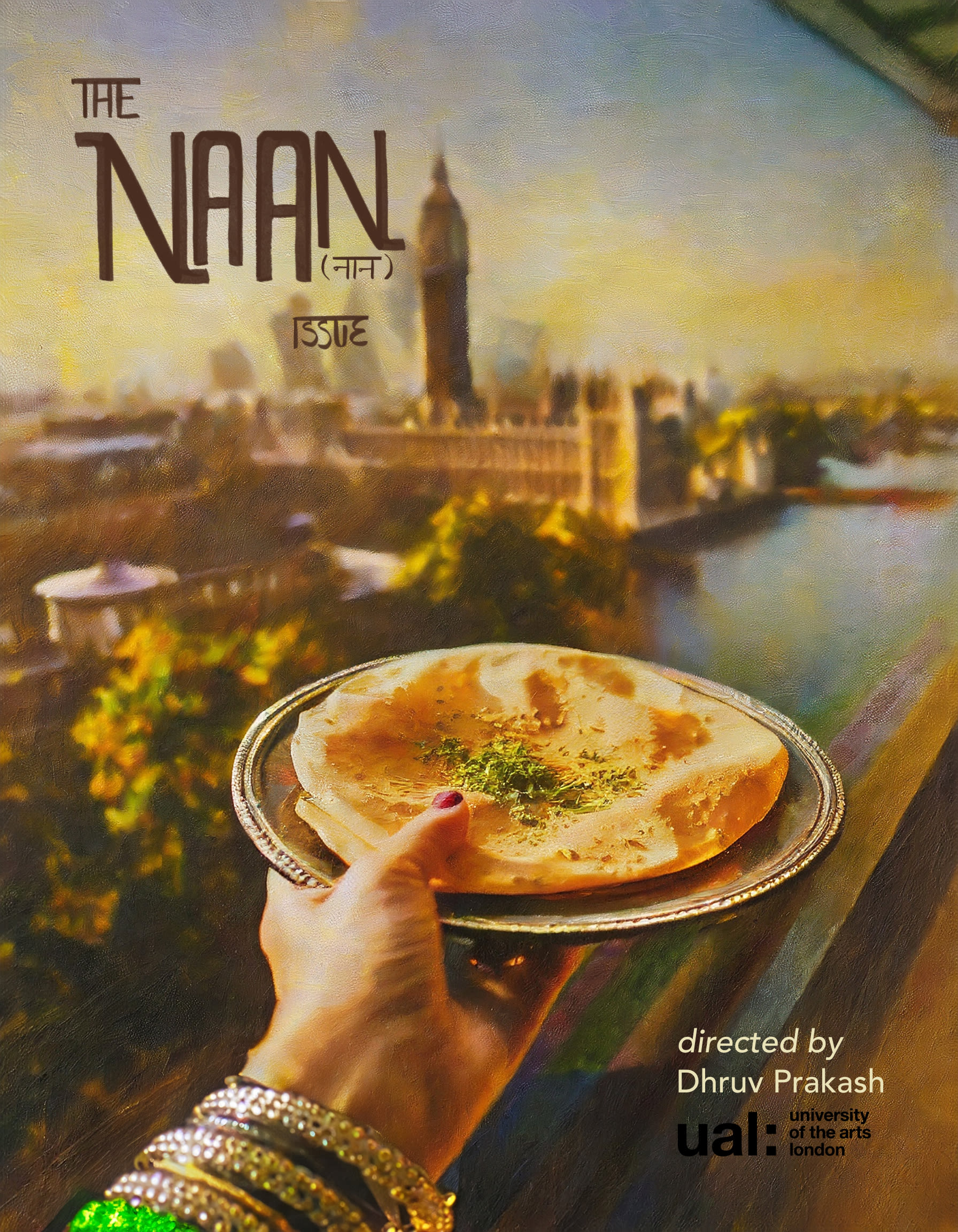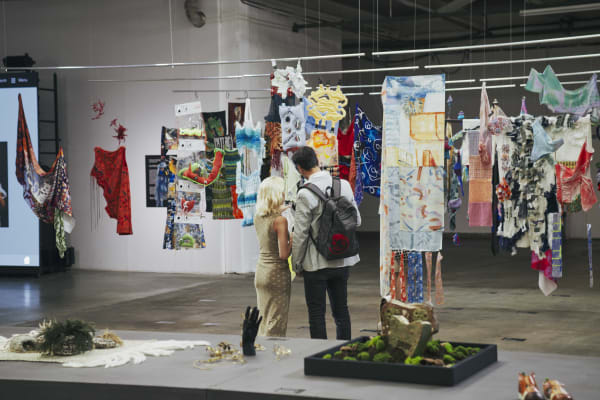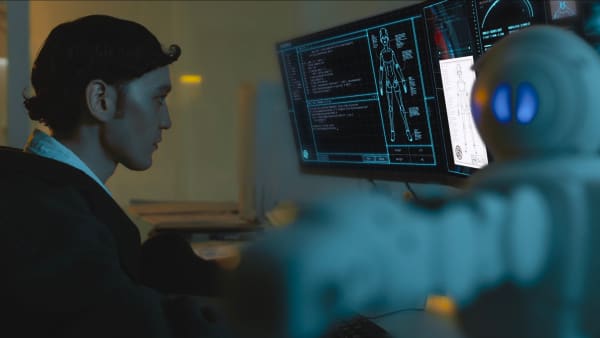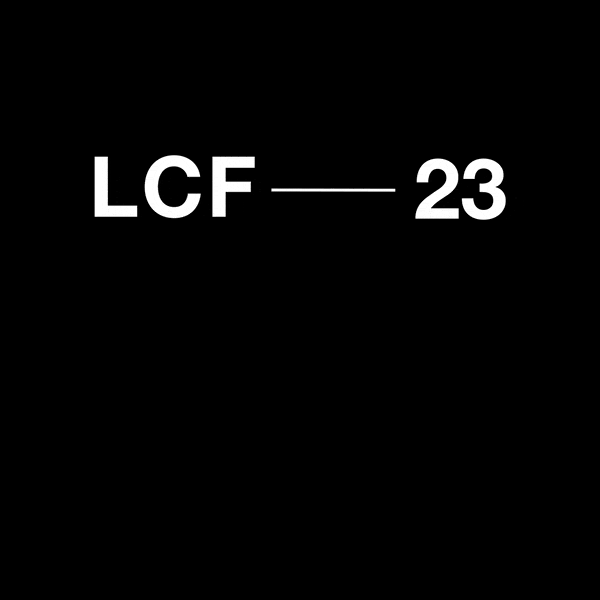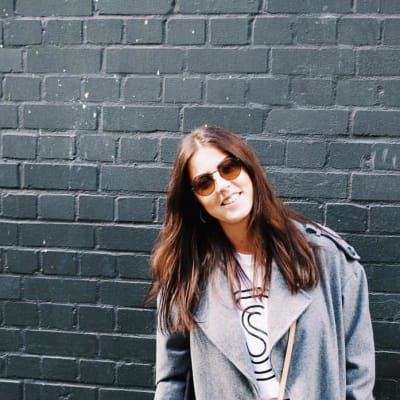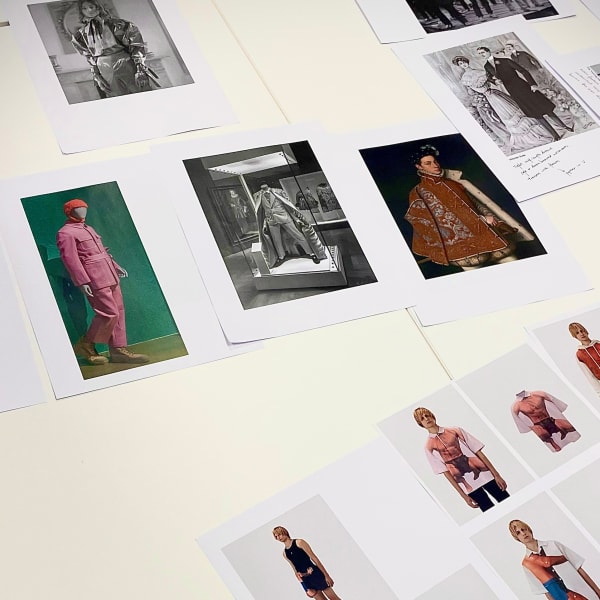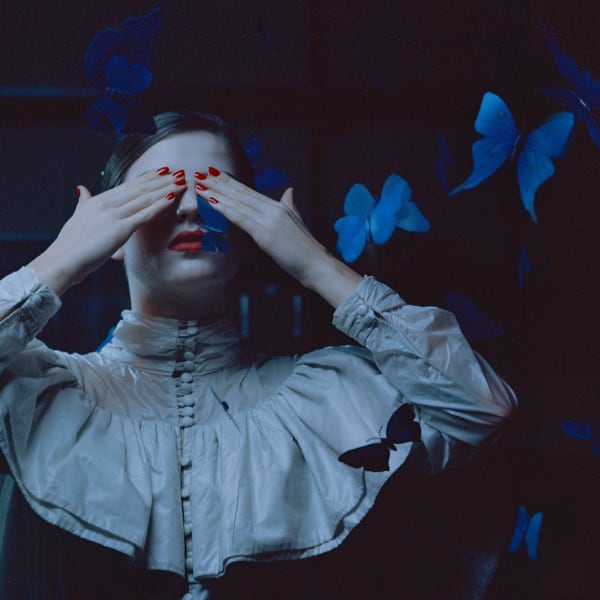All our postgraduate courses offer career development, so that you become a creative thinker, making effective contributions to your relevant sector of the fashion industry.
LCF offers students the opportunity to develop Personal and Professional Development (PPD) skills while studying through:
* Access to to speaker programmes and events featuring alumni and industry.
* Access to careers activities, such as CV clinics and one-to-one advice sessions.
* Access to a graduate careers service
* Access to a live jobsboard for all years.
* Advice on setting up your own brand or company.
Career paths
On successful completion of the MA in Fashion, Film and Digital Production graduates will be able to establish their own independent practices or capable of working within a range of professional fashion environments. You will be equipped with the critical, professional and creative skills required to flourish in a range of industry environments.
Depending on your chosen focus, you might graduate as a film maker, internet designer, stylist, photographer, curator, art director or multi-dimensional journalist.
Roles that graduates from this course have gone on to fill include creative director, digital marketing manager, content creator, film-maker, branding creative, social media editor, online editor, digital creative, visual merchandiser, web and app developer.
